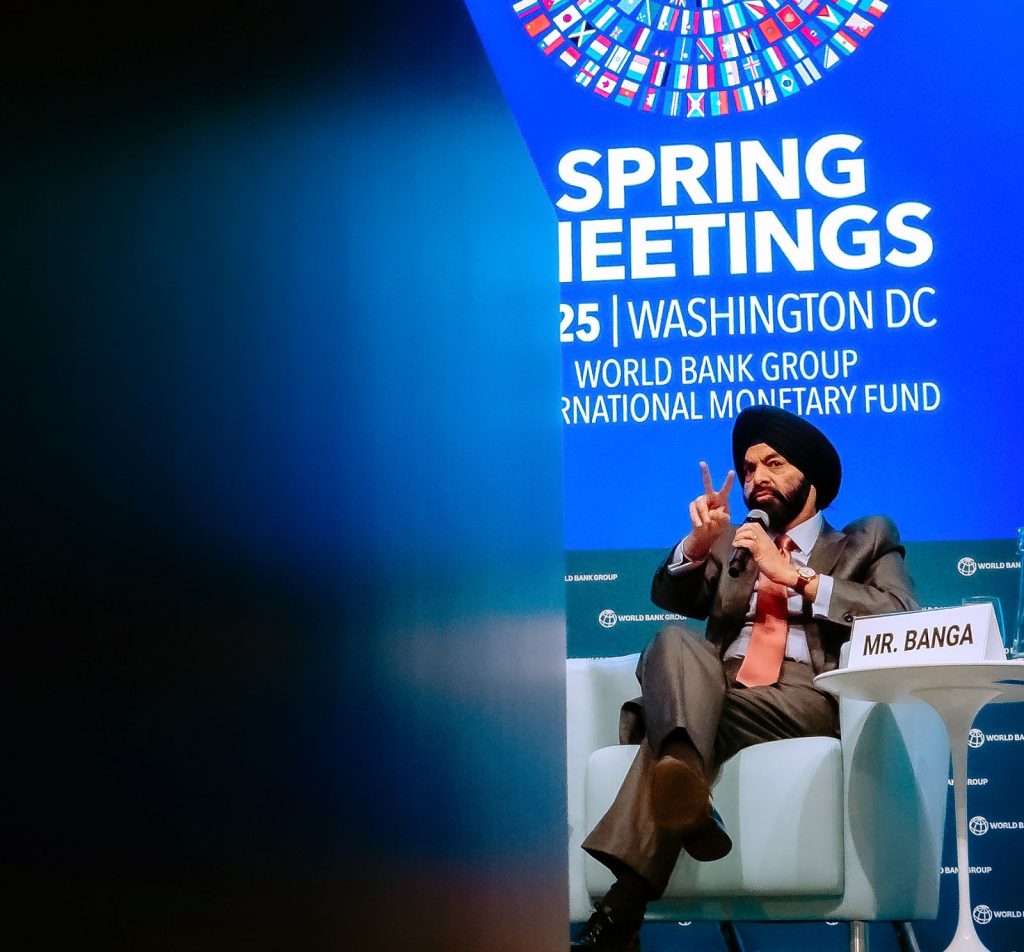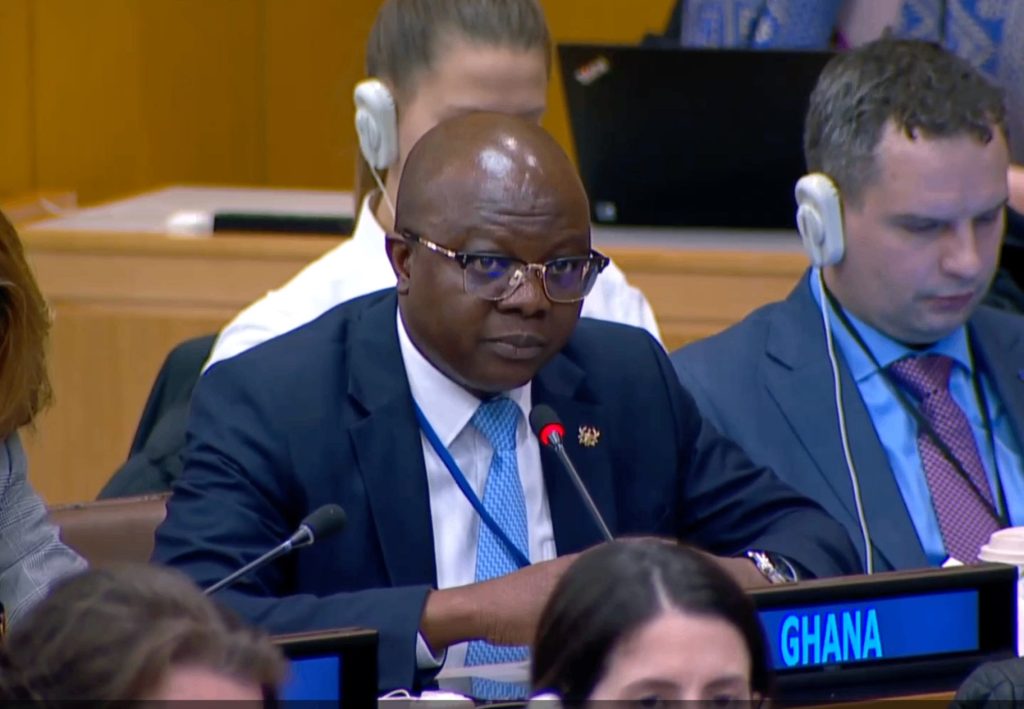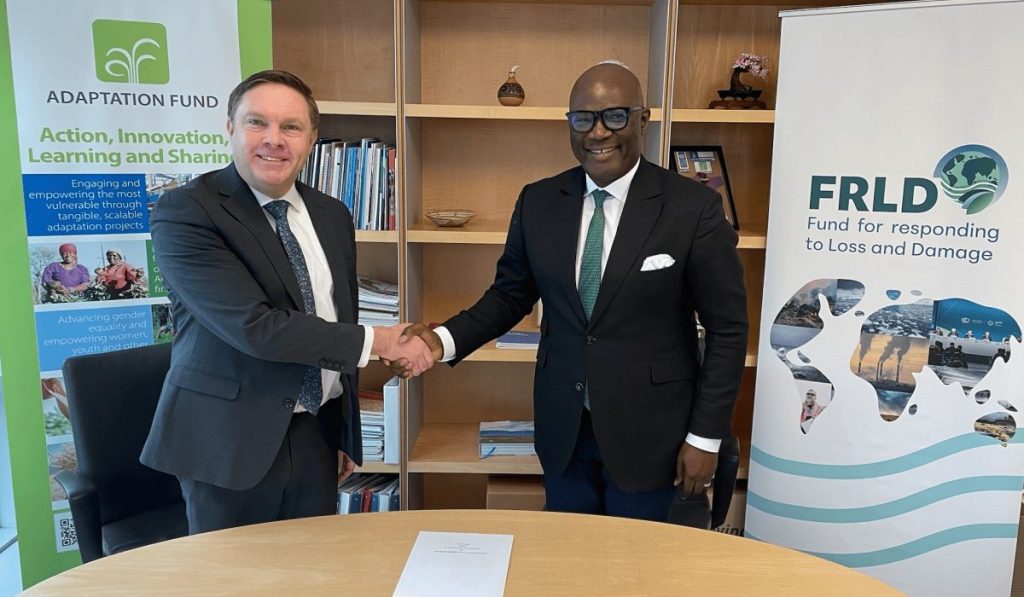This year, countries will come together to agree to a new climate finance target to replace the US$100 billion per annum target that developed countries are to provide developing countries, which has been in place since 2009. A lack of agreement over its key terms, including its definition, lack of transparency and accountability, its form, and ongoing failures by developed countries to meet the target, has soured negotiations to date. Reaching agreement on a new target will be the number one issue at COP29 at the end of this year, and will set the tone on whether consensus will be reached on other key negotiation points.
Unfortunately, however, when it comes to political progress and dominant trends, little has changed. Developed countries still want to broaden the contributor base and developing countries want more finance, offered on more accessible, predictable, concessional and transparent terms. This month countries will meet again in Colombia to discuss the new collective target, where they will continue to engage on some of its key elements such as:
- Timeframes: whether it will be 2025-2029 or longer, possibly 10 years or more;
- Design: should it be a set number or a percentage of GDP or national income. There are also debates on whether there should be annual sub-targets and thematic goals (eg for mitigation and adaptation);
- Amount: whether it should be a needs based approach based on what developing countries require in order to respond, or whether to determine it based on the range of contributors (eg private sector and countries);
- Form: the sources to be used, particularly whether it is primarily grant based or not and the extent to which loan finance is affordable and offered on good terms;
- Transparency: whether to use the existing Enhanced Transparency Framework in the Paris Agreement to track flows of finance, or use other reporting and tracking mechanisms.
In a recent submission by the African Group of Negotiators to the UNFCCC, African countries have continued to be clear in their demands for a goal that goes beyond simply what developed countries elect to pledge. This has been the main thrust of their submissions to date, with arguments centring on the difficulties associated with the ad-hoc and entirely political nature of the previous target. In the latest submission, they stand firm that the quantum must be high enough to meet the stated needs of developing countries and be based on both their domestic plans as well as science. The submission carefully steers away from naming an actual number just yet, nor does it detail the form of finance (eg grant and levels of concessionality). In fact hardly any countries have proposed a number, with only India suggesting $1 trillion a year. Instead African countries have devoted their attention to the process for determining the quantum, calling for it to be based on expressed domestic needs of developing countries through their conditional targets in their NDCs, and National Adaptation Plans (most developing countries have committed to so called high ambition “conditional targets” which they can achieve with more finance, and lower unconditional targets which they will achieve using their own resources). The new target must also be linked to science and responsive to evolving information, in a dynamic process that links with increased levels of ambition over time. Ideally it should also be linked to outcomes/impacts that it must achieve. This could lead to a goal that not only has qualitative and quantitative elements but also has a thematic focus.
Another main theme of the submission is the importance of linking the finance obligation to the legal obligation of developed countries to provide finance under the Paris Agreement, stressing the need for it to represent a progression over time. African countries are also looking to see finance provided in a predictable manner, overcoming the inconsistent, ad-hoc and in-turn inadequate provision to date, and accordingly they have repeated their request for a burden sharing arrangement.
Discussions in Colombia are unlikely to be easy with developed and developing countries alike each wanting to focus on different elements of the goal. Developed countries want to focus on the contributor base, with an emphasis on bringing in the private sector, as well as which countries will receive finance. Developing countries want to focus on timeframes and the amount of finance. In this way the battle lines and focus areas are not that different to loss and damage fund negotiations last year. Unfortunately, those did not end that well for developing countries at least when it came to the actual terms of agreement for the fund. But the stakes are higher for African countries this year, and hopefully lessons learnt in the tussle over the loss and damage fund will inform how countries approach discussions in Colombia later this month.






